The Scott County Board of Supervisors will vote August 19 on a proposed major expansion of a Grandview Farms Inc., a confined animal feeding operation owned by Thomas Dittmer. The supervisors' public hearing on the matter drew large numbers of supporters and opponents earlier this month. The Iowa Department of Natural Resources has authority to issue permits, but the county's recommendation may influence the DNR's decision on the expansion. If approved, the CAFO could nearly double its annual production of hogs from 80,000 to 150,000.
Scott County officials who reported to the supervisors gave the CAFO expansion proposal 480 on the "master matrix" evaluation system, where 880 is the maximum number of points and 440 is needed to pass. However, Iowa Citizens for Community Improvement disputes that score on several grounds:
Factory farm operator Tom Dittmer discharged manure into a tile line that runs into a tributary of Hickory Creek, a state waterway, according to preliminary test results obtained by the Iowa Department of Natural Resources (DNR) during a site survey conducted last Friday [August 6].
Iowa Legislative Code 459.311(1); 567 and Iowa Administrative Code 65.2(3) both state, "A confinement feeding operation shall not discharge manure directly into water of the state or into a tile line that discharges into a water of the state."
"We have a documented discharge from the confinement to a tile line," Dennis Ostwinkle, Supervisor of the Iowa DNR's Field Office in Washington, said in an email correspondence with Iowa CCI Tuesday.
The DNR field investigation was prompted in part by complaints filed by the Quad City Waterkeepers, Illinois Citizens for Clean Air and Water, and Iowa CCI. According to Ostwinkle, the field tests were submitted to the University of Iowa Hygenics Lab for further testing. If the preliminary field tests are confirmed, the violation could force a deduction of an additional 25 points from Dittmer's Master Matrix score. Scott County Iowa CCI members have already identified 160 points that should be deducted from the Master Matrix score.
While water pollution is a primary concern of those who oppose CAFO expansions, large hog lots can also compromise air quality. As Paul Deaton discussed at Blog for Iowa, CAFOs near industrial areas pose a particular risk:
According to the 2010 State of the Environment report from the Iowa Department of Natural Resources, "In Iowa, most fine particle pollution forms in the atmosphere when ammonia (from animal feeding operations, fertilizer application and other natural sources) combines with sulfuric or nitric acid (from power plants, automobiles and other combustion sources) to create tiny particles."
Expanding the amount of ammonia emitted in Scott County, which the additional capacity of Dittmer's hog lot would do, combined with the heavy industry already there would create additional fine particulate matter. It is a formula for trouble as it pertains to human health.
It works like this: ammonia from livestock operations is emitted into the atmosphere where it combines with sulfuric or nitric acid emitted from burning coal and creates fine particulate matter which gets into the lungs of people and causes significant health problems in the form of increased incidence of asthma, cardio-respiratory problems and increase morbidity and mortality.
Let's not talk about the fact that Davenport and neighboring Muscatine and Rock Island Counties were identified by the United States Environmental Agency as being in non-attainment for fine particulate matter. During the phase in of testing for fine particulate matter, Scott and Muscatine Counties were identified as being in non-attainment according to newly promulgated standards.
Congressman Bruce Braley, who represents Scott County, is a friend of Dittmer and "submitted a letter in support of the expansion,". State Senator Joe Seng of Davenport has not taken a position for or against the proposal.
Seng said he was “sort of sitting on the fence” about the project. But as chairman of the Agriculture and Natural Resources Budget subcommittee, he believes funding needs to be restored for odor quality research.
Wrong answer, Senator Seng. The “odor-study bill” approved by Iowa legislators in 2008 was a waste of time and money, because Iowa taxpayers already paid to study this issue, and research conducted in other states has identified “cost effective ways to mitigate odor” from hog lots.
If you live in Scott County and are concerned about the potential increase in air and water pollution, please consider contacting the five members of the Board of Supervisors before Thursday, August 19. Phone calls or old-fashioned letters are harder to ignore than e-mails.
LATE UPDATE: The Scott County board of supervisors approved the planned CAFO. Molly Regan, a former former Soil and Water Commissioner for the county, has more on this story at Blog for Iowa.
Continue Reading...

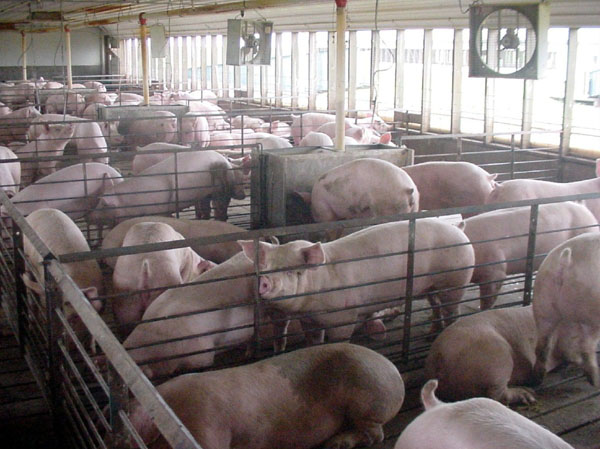
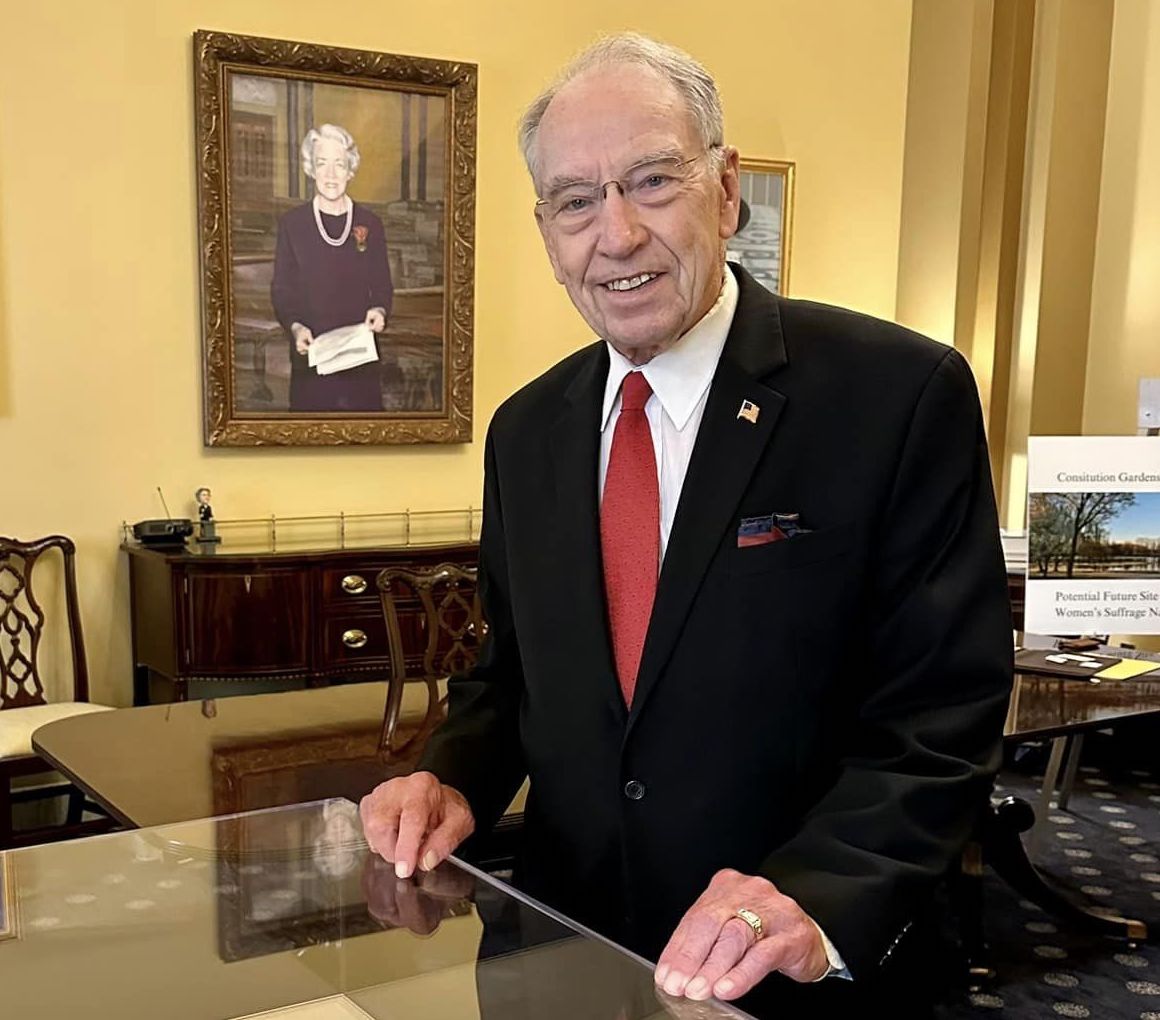

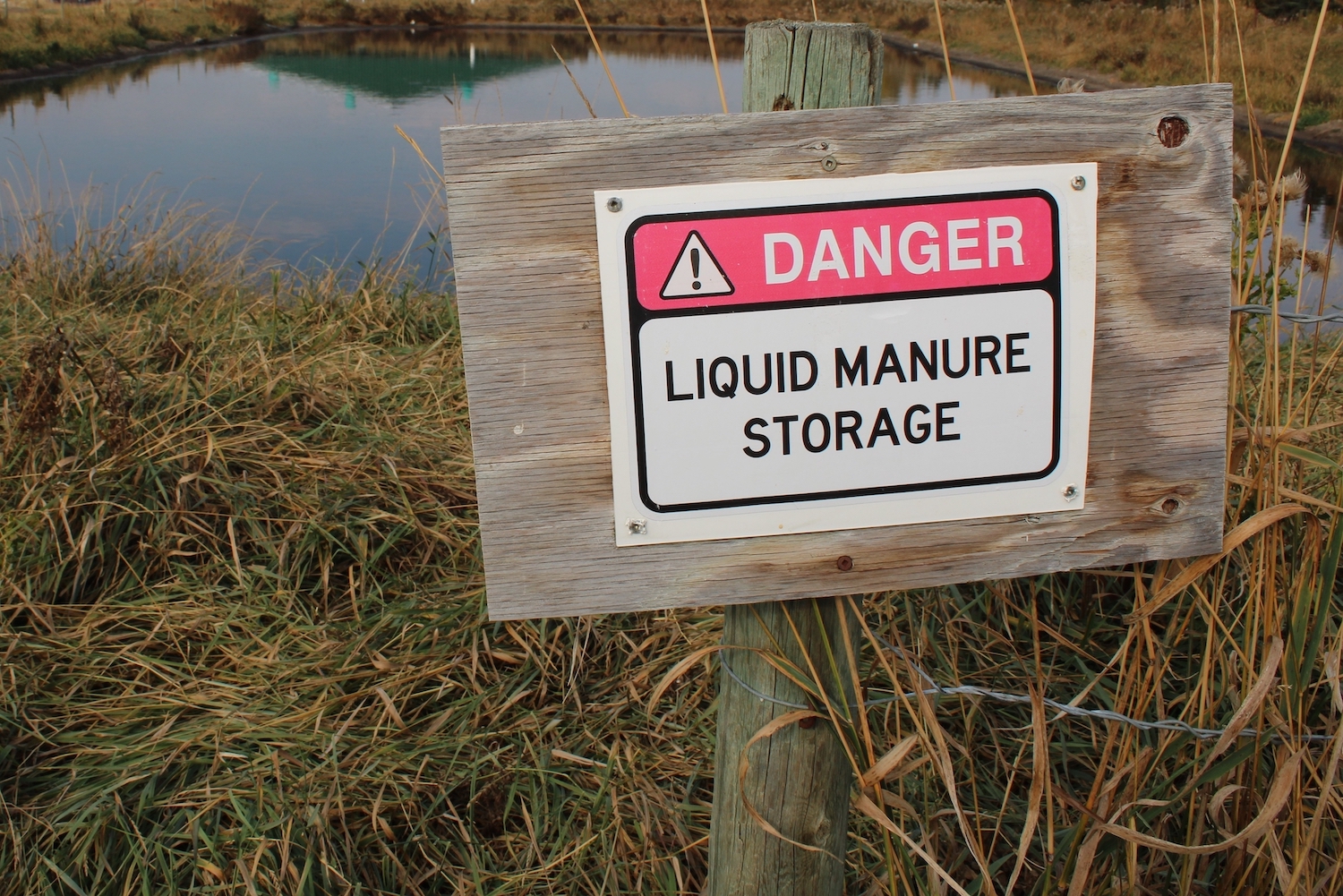

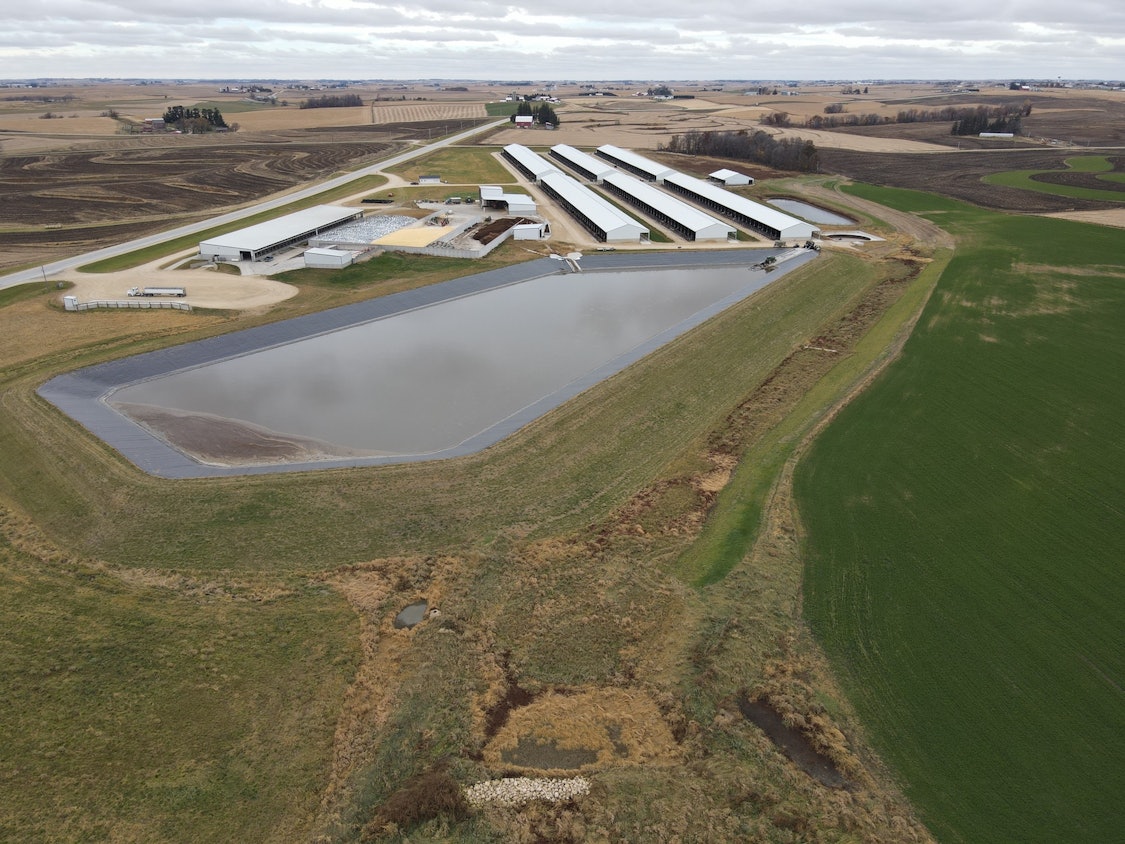



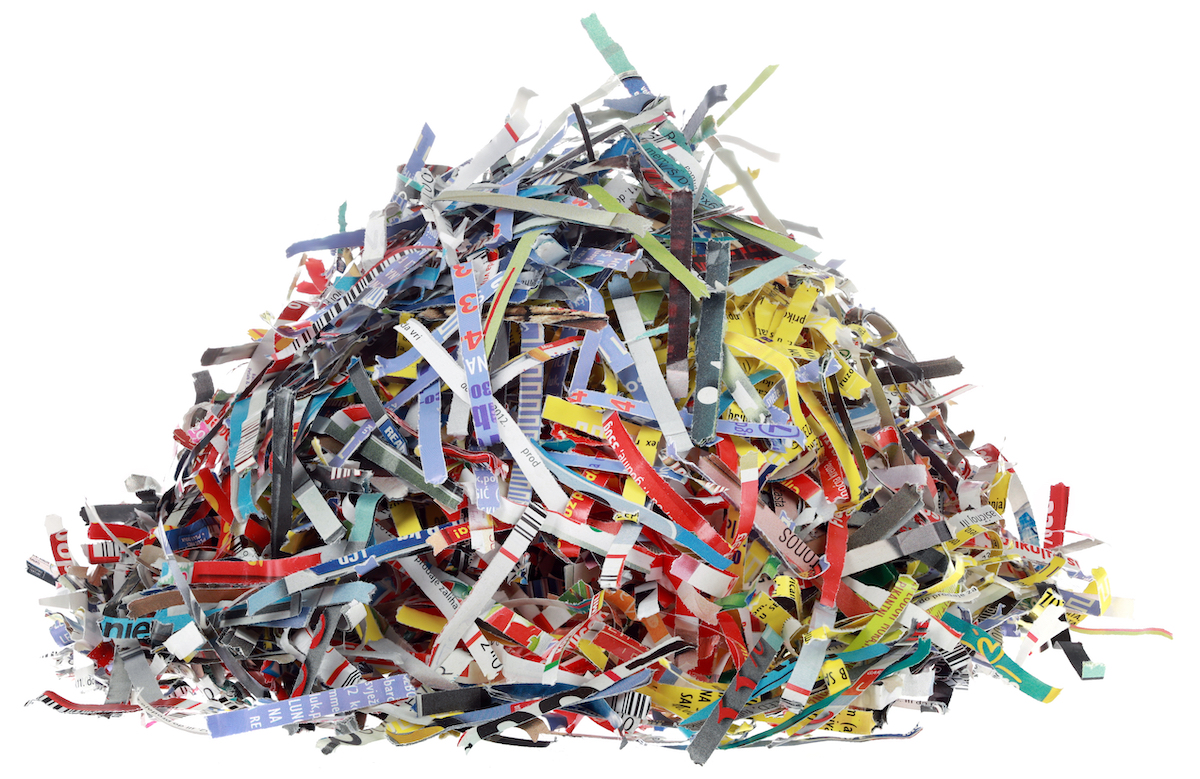
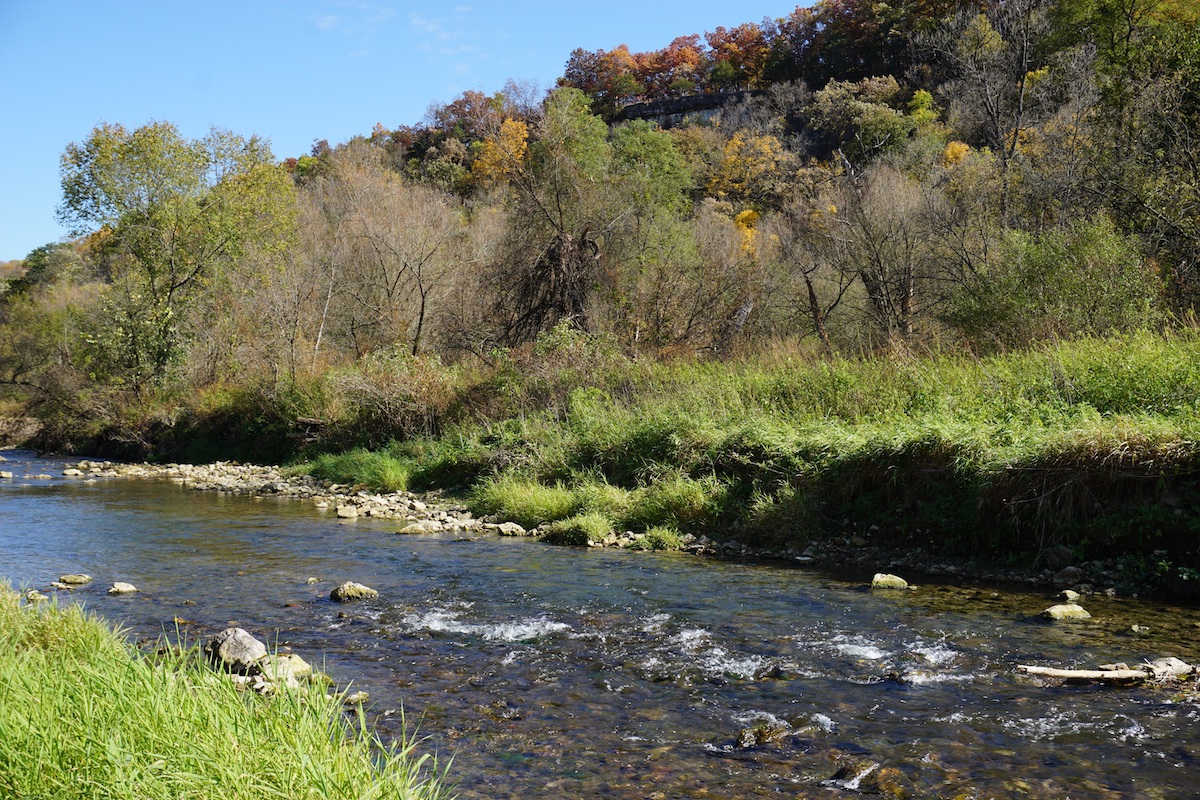
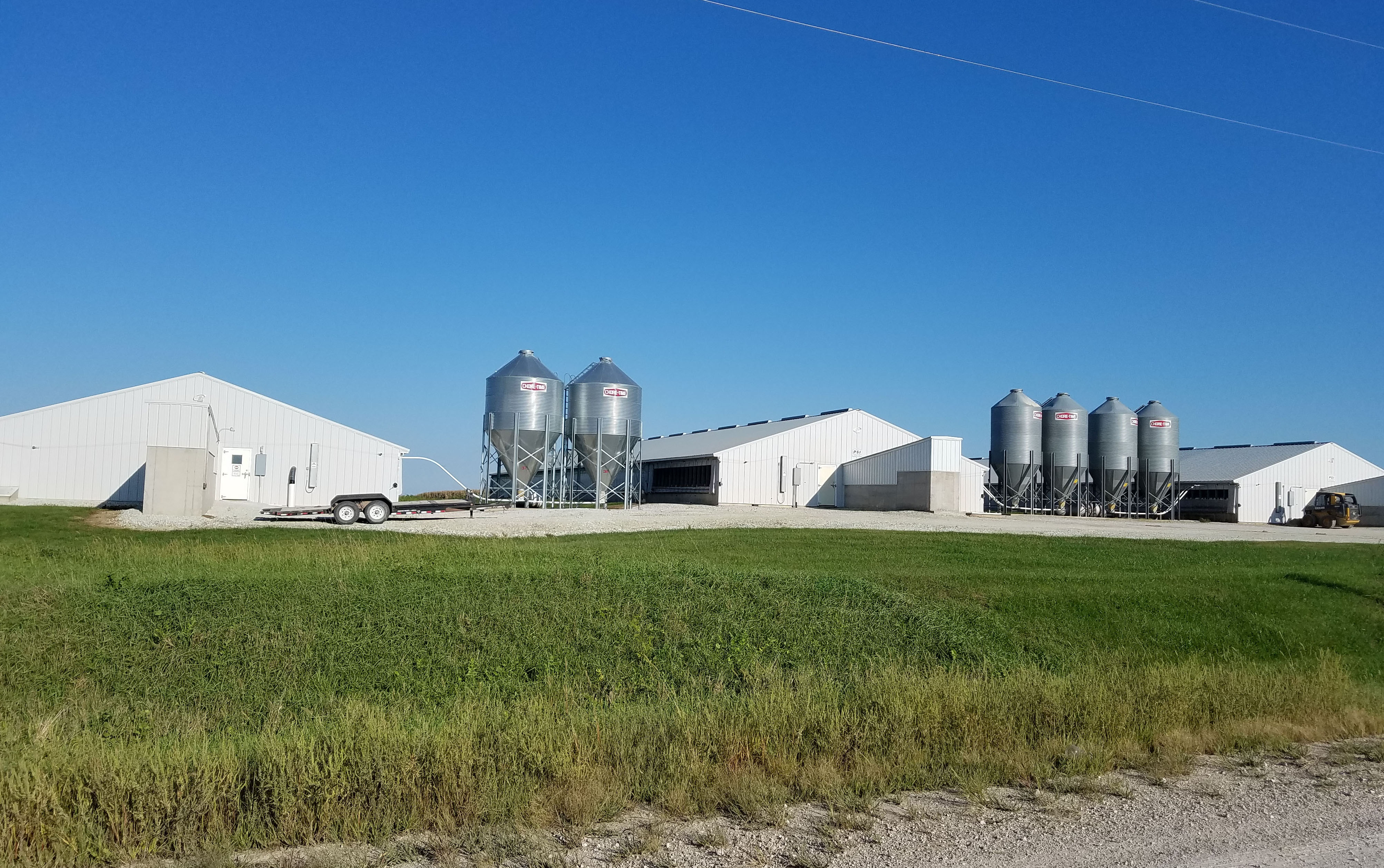
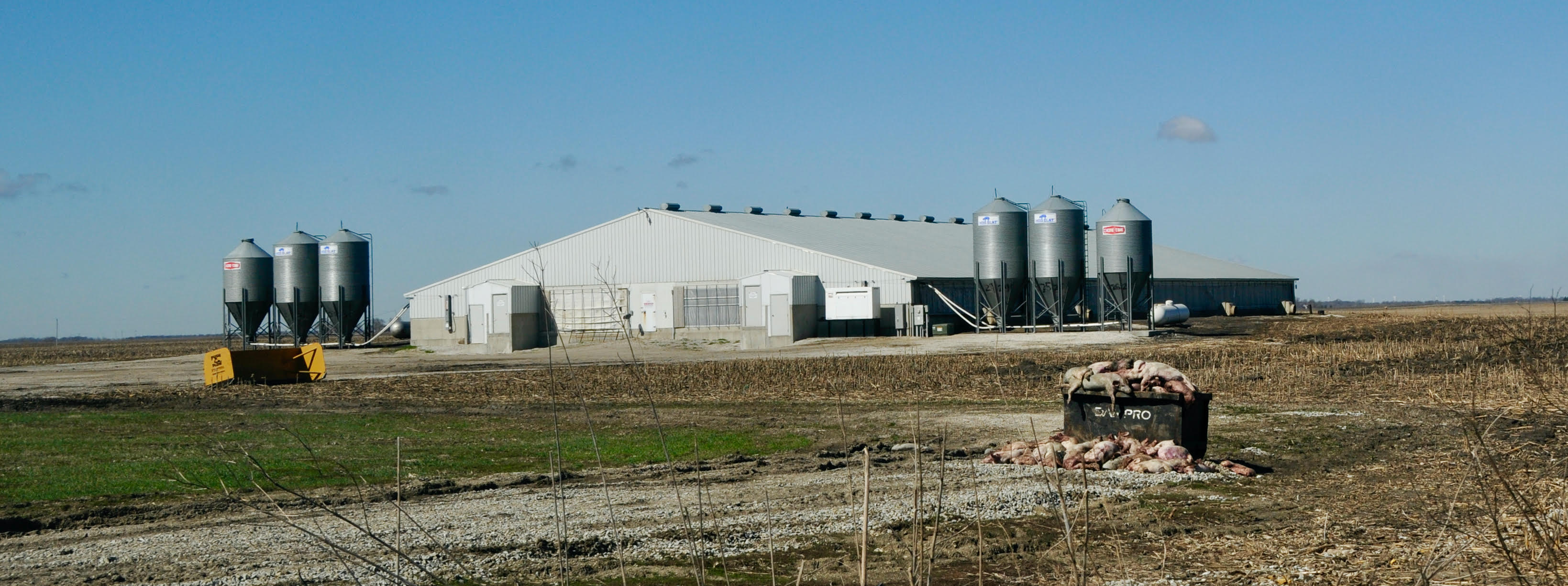
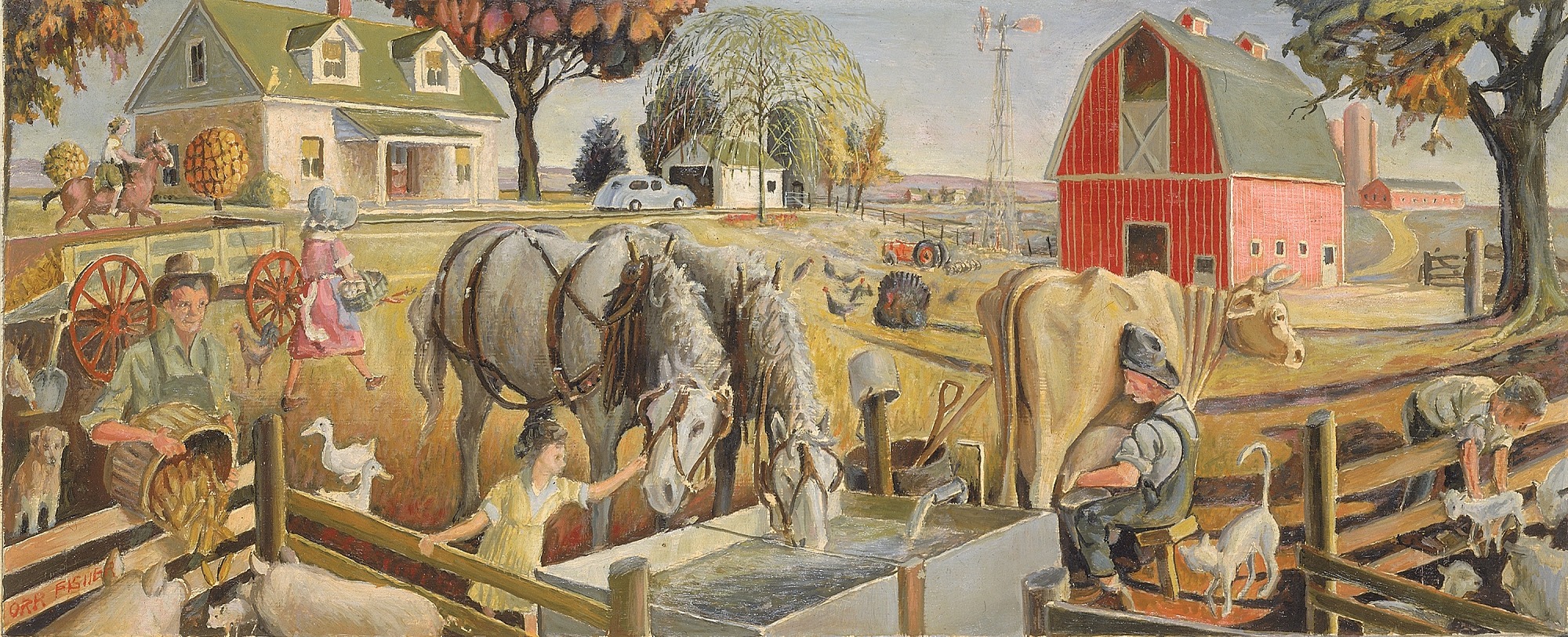
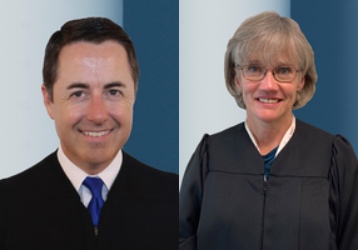
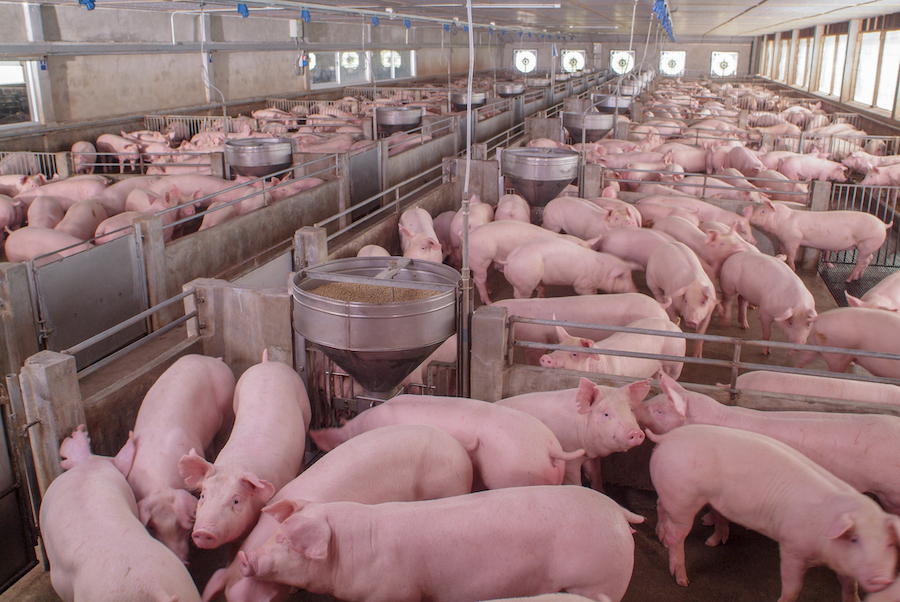
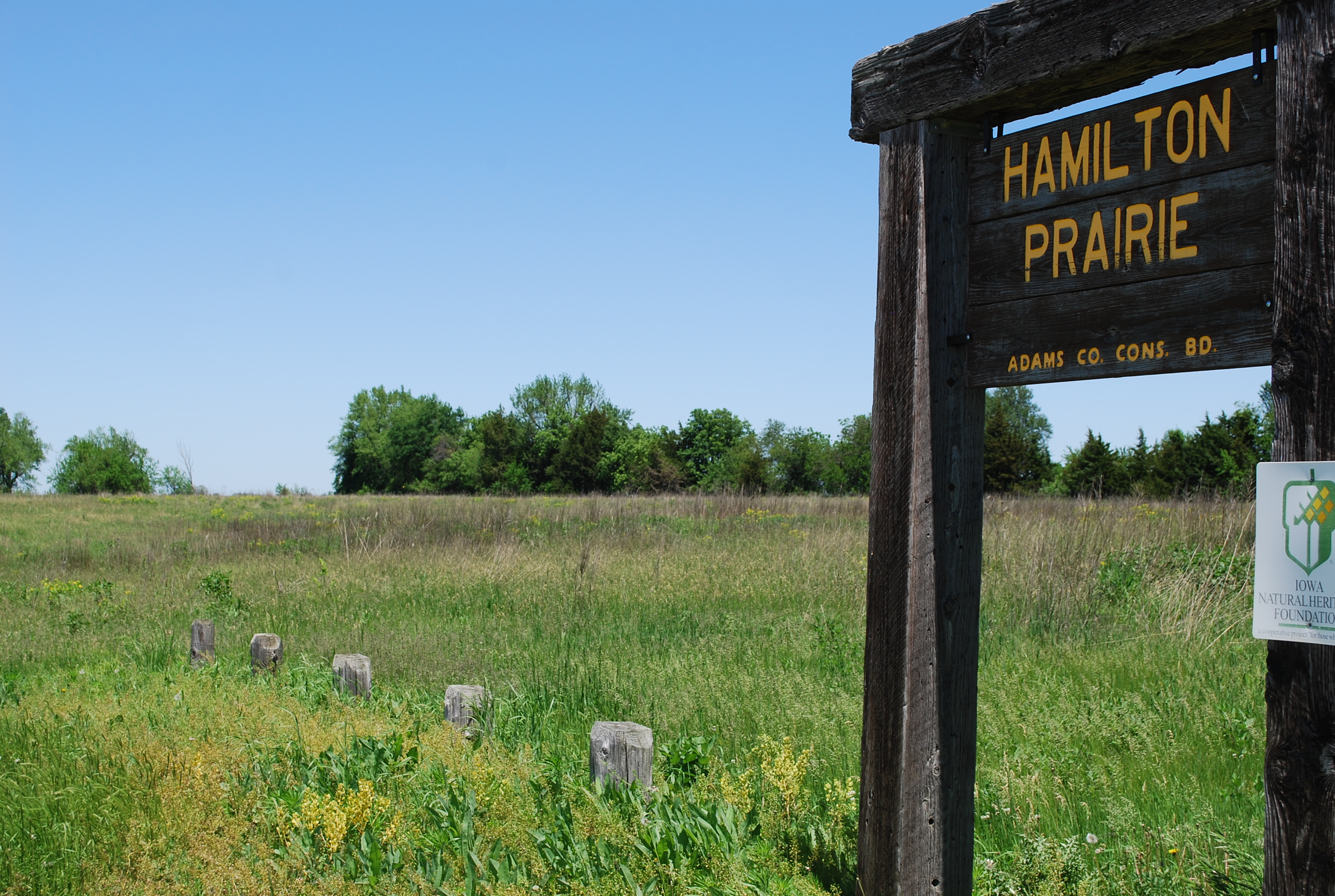
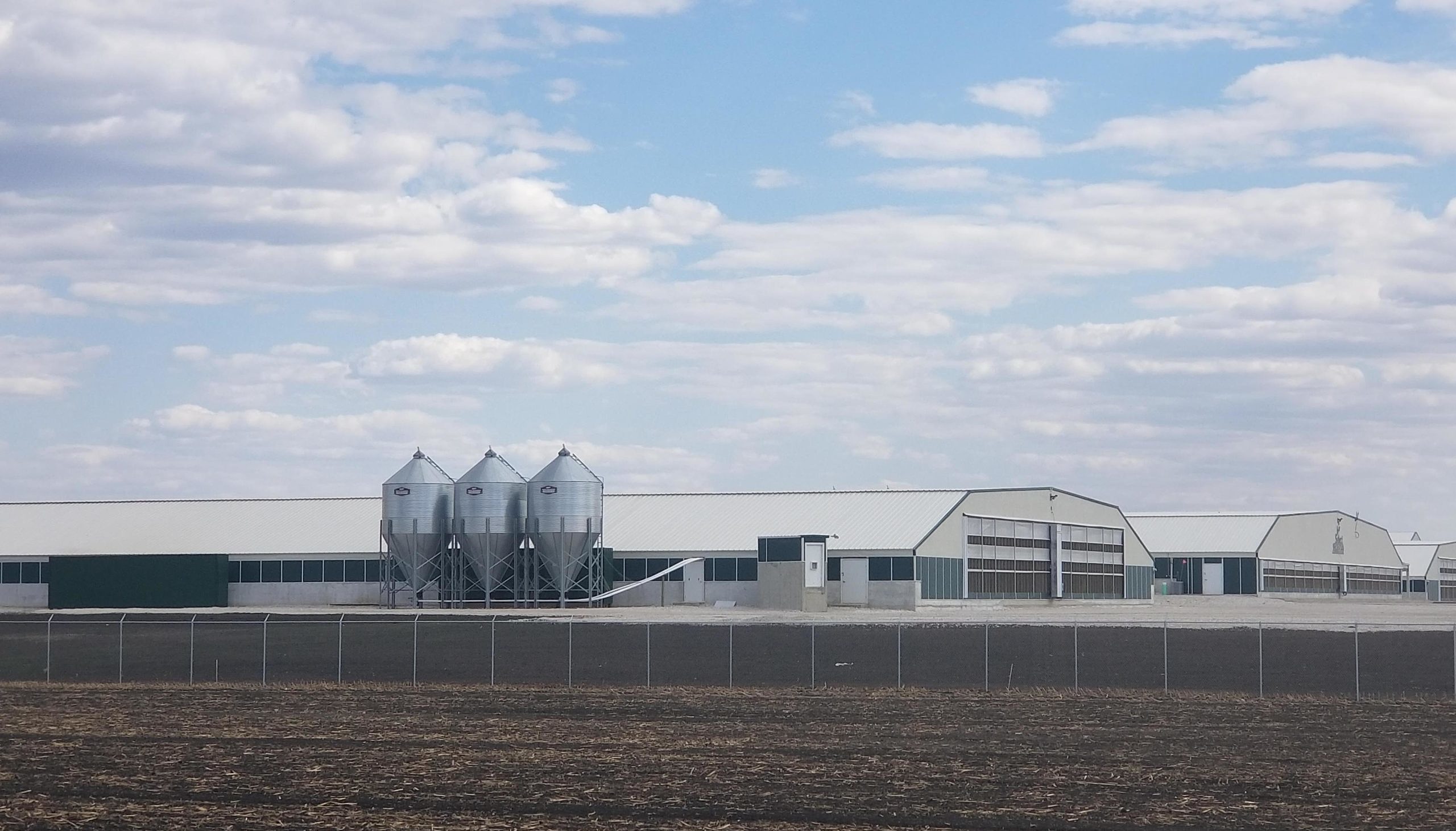
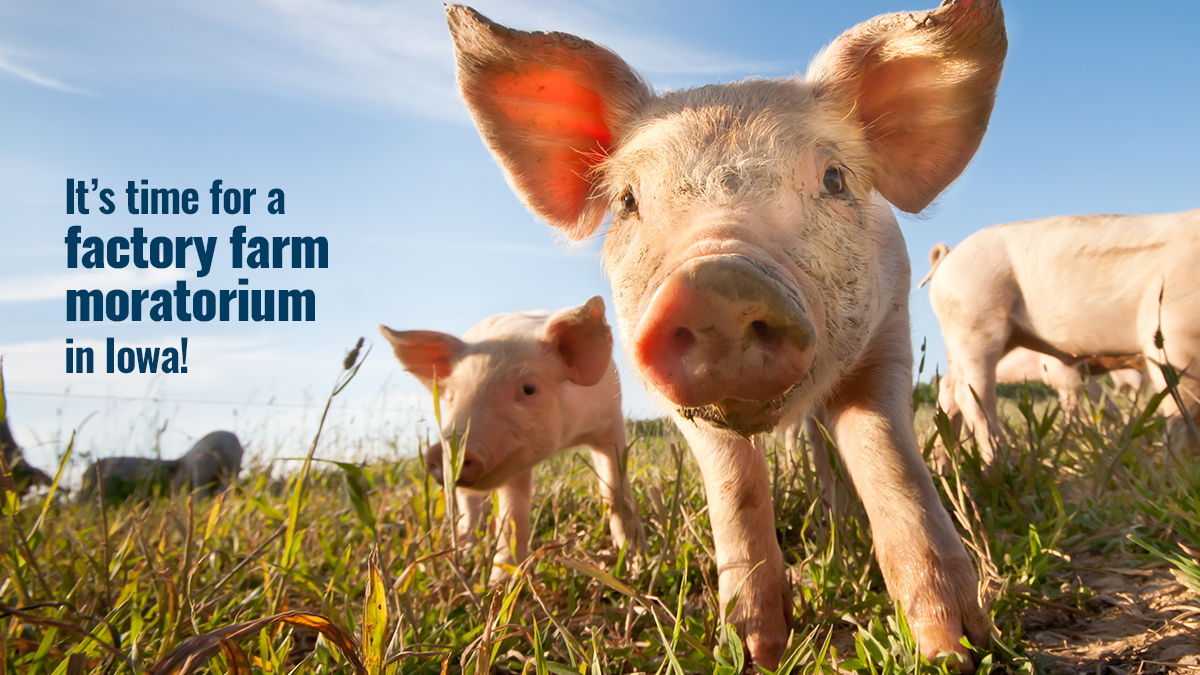
 I have begun to grasp how this official affects the food I eat, the quality of the air and rivers where I live, and waters far downstream from Iowa. I have even begun to hope for change in the way we produce food and use energy in Iowa, where we often set the example for farming practices across the country.
I have begun to grasp how this official affects the food I eat, the quality of the air and rivers where I live, and waters far downstream from Iowa. I have even begun to hope for change in the way we produce food and use energy in Iowa, where we often set the example for farming practices across the country.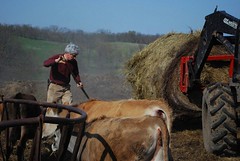 Radiance Dairy is no ordinary farm. Livestock and landscape nourish each other. Everything the cows eat is grown on land they fertilize, and as Francis says, they enjoy their work. He uses solar panels to power pumps for water , to electrify fences, and to heat water for his dairy processing plant. A wind turbine is in the works. His operation is so innovative that he attracts visitors who come to learn, from local schoolchildren to the World Bank, and he travels frequently to teach and give lectures. He has received awards from the Leopold Center for Sustainable Agriculture, and the Iowa Chapter of the Sierra Club, which recognized him as a “Steward of the Land,” among other awards. People who know him regard him as a national treasure.
Radiance Dairy is no ordinary farm. Livestock and landscape nourish each other. Everything the cows eat is grown on land they fertilize, and as Francis says, they enjoy their work. He uses solar panels to power pumps for water , to electrify fences, and to heat water for his dairy processing plant. A wind turbine is in the works. His operation is so innovative that he attracts visitors who come to learn, from local schoolchildren to the World Bank, and he travels frequently to teach and give lectures. He has received awards from the Leopold Center for Sustainable Agriculture, and the Iowa Chapter of the Sierra Club, which recognized him as a “Steward of the Land,” among other awards. People who know him regard him as a national treasure.